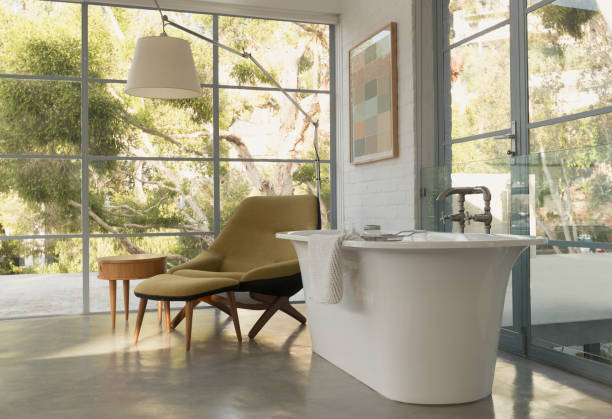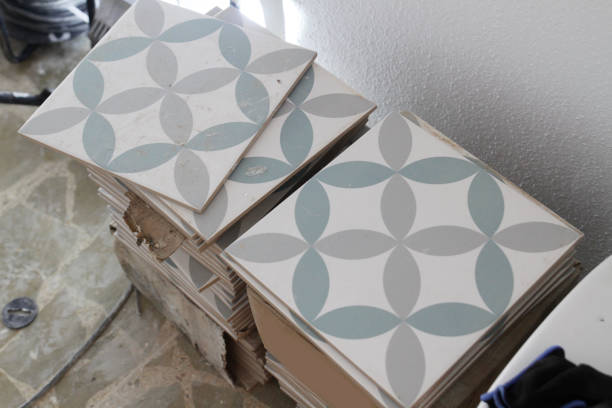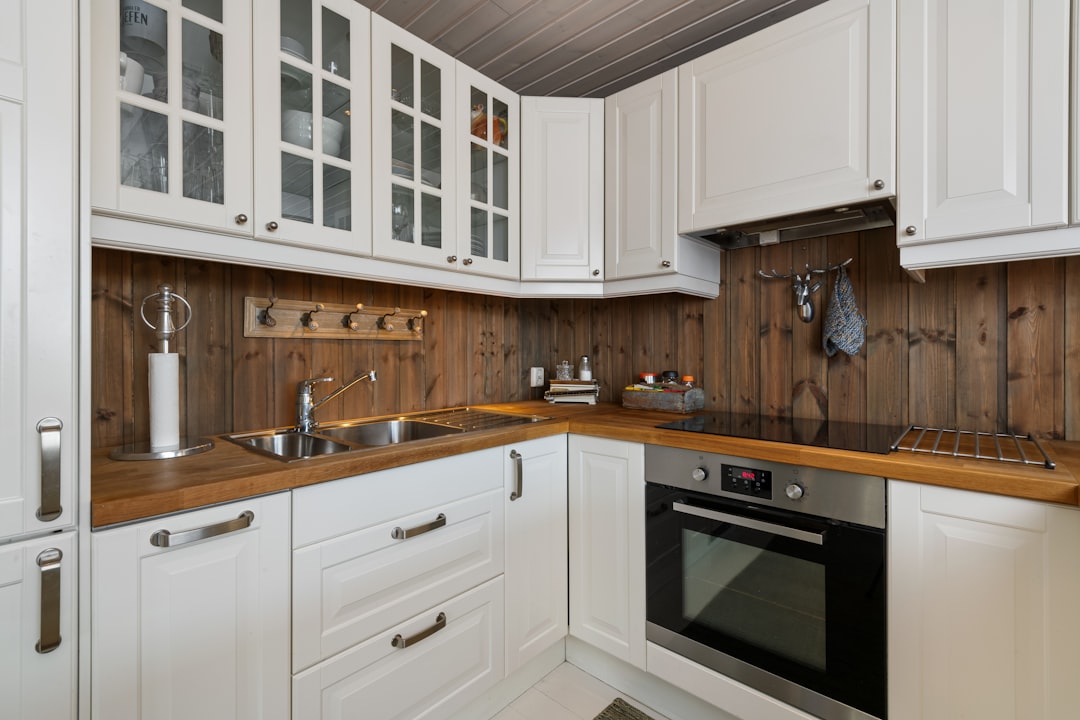A clean home should never come at the expense of health or the environment. Commercial cleaning products often contain harsh chemicals that can irritate skin, aggravate respiratory conditions, and pollute waterways. Fortunately, creating effective all-purpose cleaners at home offers a safer, more economical alternative that puts control back in homeowners' hands. These DIY solutions harness the natural cleaning power of everyday ingredients while eliminating unnecessary toxins from living spaces. With simple recipes and reusable containers, anyone can maintain a spotless home without compromising their values or budget.
The foundation of most homemade all-purpose cleaners rests on three powerhouse ingredients: white vinegar, baking soda, and castile soap. White vinegar acts as a natural disinfectant, cutting through grease and dissolving mineral deposits with its acidic properties. When combined with baking soda, these kitchen staples create a fizzing action that loosens tough grime on surfaces like oven tops and tile grout. Liquid castile soap, derived from plant oils, provides gentle yet effective cleaning power for everything from countertops to wood furniture. These core components work synergistically to tackle most household cleaning challenges without the chemical afterburn associated with commercial products. Essential oils elevate basic DIY cleaners from functional to exceptional. Tea tree oil brings natural antifungal and antibacterial properties, making it ideal for bathrooms and high-touch surfaces. Citrus oils like lemon and orange provide fresh scents while boosting grease-cutting abilities, perfect for kitchen cleaning solutions. Lavender oil offers calming aromatherapy benefits while disinfecting, turning mundane chores into sensory experiences. A few drops of these concentrated plant extracts transform simple vinegar or soap solutions into personalized cleaning products tailored to specific needs and preferences. The versatility of these natural additives allows homeowners to create custom blends for different areas of the house without artificial fragrances or synthetic preservatives. Storage and application methods impact the effectiveness of homemade cleaners as much as the recipes themselves. Glass spray bottles prevent chemical leaching that can occur with plastic containers, especially when using essential oils. Labeling each bottle with ingredients and dates ensures proper rotation and usage. Microfiber cloths paired with DIY cleaning solutions achieve professional-level results, as the cloths' textured surfaces lift and trap dirt more effectively than paper towels or sponges. For tougher jobs, paste cleaners made from baking soda and water can be applied with reusable scrub brushes, eliminating the need for abrasive commercial powders. Beyond immediate cleaning benefits, DIY all-purpose solutions foster sustainable household habits. Refillable containers reduce single-use plastic waste, while bulk ingredient purchases minimize packaging. The simple act of making cleaners at home builds awareness of product ingredients, encouraging more mindful consumption across other household categories. Families with young children or pets gain particular peace of mind knowing exactly what substances touch their floors and surfaces. As more people discover these practical alternatives, homemade cleaners represent not just a household tip, but a movement toward healthier, more conscious living—one spray bottle at a time. The satisfaction derived from DIY cleaners extends beyond sparkling surfaces. These projects demonstrate how ordinary ingredients can outperform expensive chemical-laden products while aligning with eco-friendly values. Whether motivated by health concerns, environmental consciousness, or simple frugality, homemade all-purpose cleaners deliver impressive results without hidden costs. As word spreads about their effectiveness, these simple formulas continue to replace toxic products in homes worldwide, proving that true cleanliness doesn't require harsh chemicals—just common sense and common ingredients.



